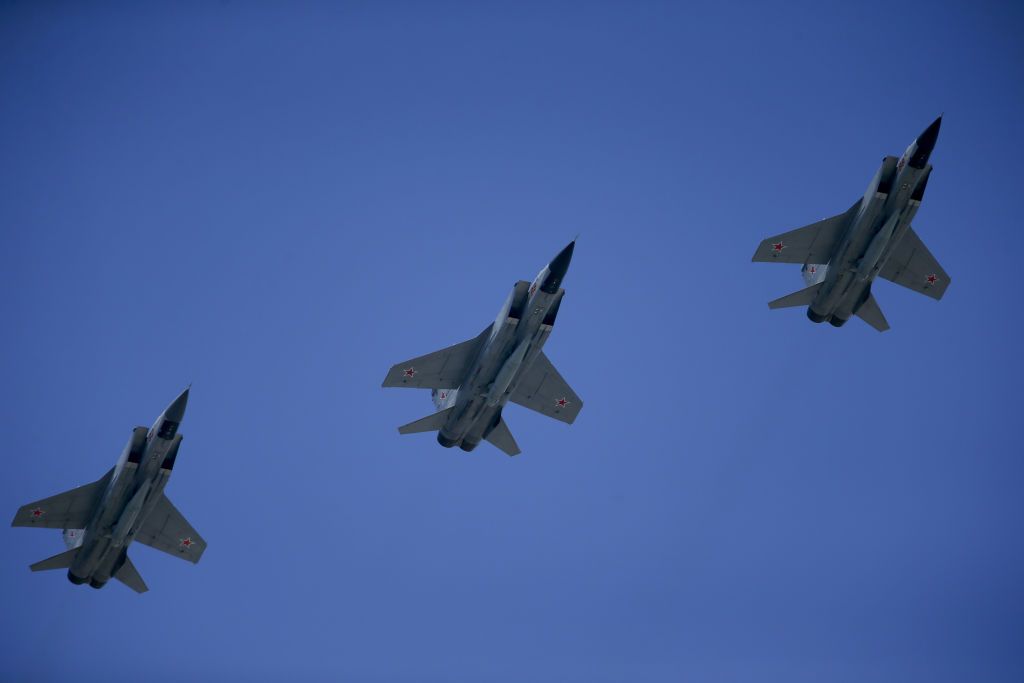ISW: Prigozhin's heightened profile fuels intensified attacks on Russian military
In the wake of Russia's capture of Bakhmut, Yevgeny Prigozhin, the notorious figure associated with the Wagner Group, appears to be leveraging his increased visibility to launch aggressive assaults on the Russian military establishment and elites, the Institute for the Study of War said in its latest update.
Prigozhin's recent interview with Russian political strategist Konstantin Dolgov on May 23 shed light on his dissatisfaction with the Russian military leadership, accusing them of failing to achieve the primary objectives of the war in Ukraine.
Singling out his customary targets, Russian Defense Minister Sergei Shoigu and Chief of the General Staff Army General Valery Gerasimov, Prigozhin held them responsible for obstructing support and supplies to Wagner within the Russian Ministry of Defense.
Prigozhin went further to criticize Shoigu's son-in-law and daughter, labeling them as "representative examples of the privileged offspring of the Russian elite," whose lives starkly contrast with those who are fighting on the Ukrainian front lines.
Raising a warning flag, Prigozhin cautioned that the actions of the Russian elite could lead to a situation reminiscent of the 1917 revolution, where soldiers and their loved ones stood up against the government. Veiled in his rhetoric, Prigozhin ominously hinted at potential violence from the Russian public towards the elite, making references to mobs armed with pitchforks and alluding to the infamous St. Bartholomew's Day Massacre—an orchestrated series of politically motivated mob assassinations in France during 1572.
The ISW notes that these recent statements by Prigozhin mark "an inflection in his longstanding feuds with the Russian military establishment and select elite figures."











